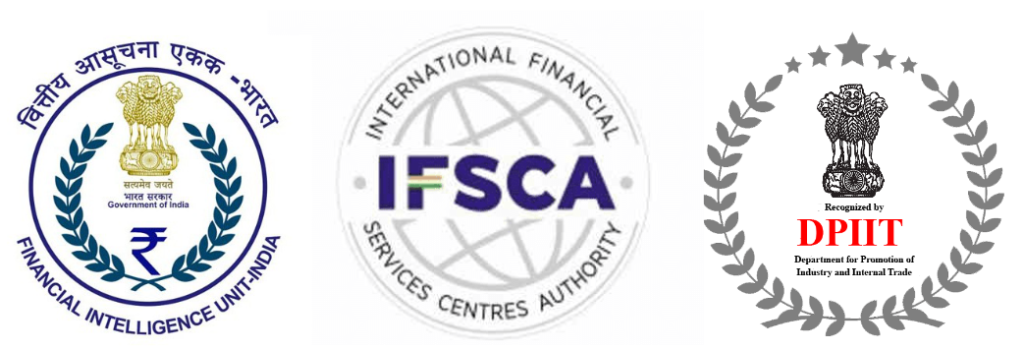Before the introduction of online marketing and shopping, the people used to go to shops to buy the things that they required. They used to see the product, check for any defects, examine it in detail and try it on if it’s an outfit. A customer would only buy the product and pay for it if he was entirely convinced about the quality and genuineness of the product.With the inception of online marketing and shopping, the biggest hurdle faced by its creators was to convince the people regarding the credibility of their products. The people had a million doubts whether the sellers were fake, whether their ordered items would actually be delivered, whether it would the same item that they had purchased online or if its quality would be worth the money paid by them. Overcoming this trust deficit of the customers became a huge challenge for the online markets.
With time, the online markets overcame this trust deficit in a number of ways. They started providing secure connection to make sure that the personal data of customers like card details were not hacked. Some sellers started the “pay on delivery” service where the customer is not required to pay when he purchases a product online but makes the payment only after receiving the commodity. Others started describing their merchandise in detail ranging from its color, size, uses along with its photographs and packaging details. They started encouraging customers to review their products and bear witness to the fact that the product they received was exactly what was promised to them.Thus, slowly and steadily the online markets gained their customers trust and spread from one country to more countries.
Early in 2020, mankind was afflicted by a worldwide pandemic COVID-19 which wreaked havoc in the public and social lives of people and confined them to their individual homes. Governments across the world declared nationwide lockdowns for months together in their respective countries. Schools, colleges, malls and all places of public gathering were closed and people were advised to stay at home and practice social distancing.
Currently during the lockdown period only essential services are allowed to remain functional. The banks come under essential services but physical access to it is a potential health risk. Hence, digital payment system is the alternative which is being widely used by people. The digital payment systems not only enable online banking services to people from the comfort of their own homes but also help them maintain social distancing.
The sudden surge in the use of digital payments has increased the probability of cybercrimes. This has led to a trust deficit in people which is similar to the time when online markets were launched. This is where the Digital Escrow can help you with its list of exemplary features, the most important one being security.It creates a fearless business environment enabling trust and provides a secure transaction between the buyer and the seller just by using a temporary third party. Thus Digital Escrow takes you back to the roots where you can enjoy the advantages similar to that of going to a shop, inspecting the product that you want to purchase and making a secure payment after you are convinced of the products quality. All of this in a transparent online payment ecosystem along with the comfort of your own home.








